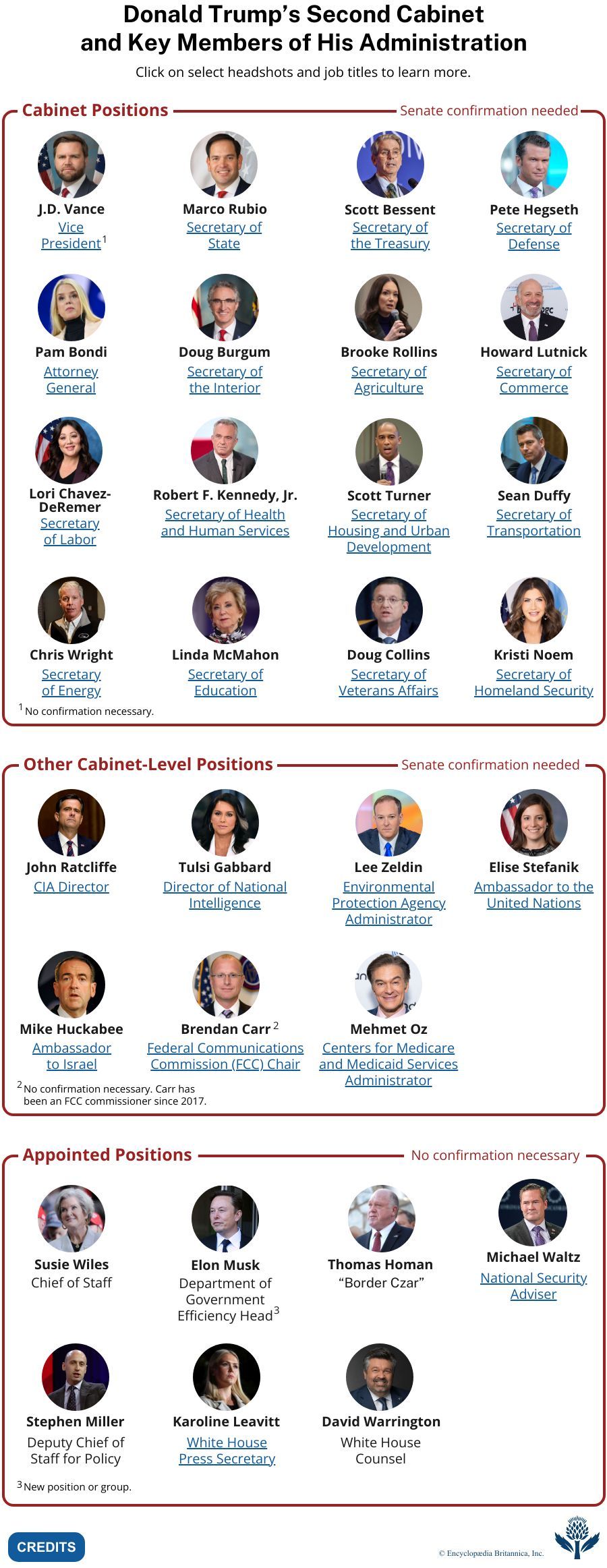Presidential Pardons In Trump's Second Term: Unprecedented Power?

Table of Contents
Key Pardons and Commutations Granted by Trump:
Trump's use of presidential pardons and commutations was markedly different from his predecessors. His actions frequently drew criticism for appearing politically motivated and for potentially undermining the rule of law. The "Trump pardons," as they became known, often involved individuals with close ties to his administration or who had publicly supported him.
High-profile examples:
-
Roger Stone: A long-time associate of Trump, Stone was convicted of lying to Congress, obstruction, and witness tampering during the Mueller investigation. Trump commuted his sentence, avoiding a prison term. The public reaction was sharply divided, with supporters praising Trump's show of loyalty and detractors accusing him of obstructing justice. This case became a focal point in the "Trump pardon controversies."
-
Michael Flynn: Trump's former National Security Advisor pleaded guilty to lying to the FBI. Trump pardoned Flynn, a move widely seen as an attempt to shield him from further legal repercussions. The controversy surrounding this "controversial pardon" fueled accusations of abuse of power.
-
Charles Kushner: The father of Jared Kushner, Trump's son-in-law, received a commutation of his sentence for tax evasion, illegal campaign donations, and witness tampering. This pardon, along with others, highlighted concerns about the potential for political favoritism in the exercise of presidential clemency.
These high-profile "pardons and commutations" are just a few examples of the many controversial decisions made during Trump's presidency.
Legal and Ethical Debates Surrounding Trump's Pardons:
The sheer number and nature of Trump's pardons ignited intense legal and ethical debates. His actions challenged the traditional understanding of the presidential pardon's purpose and raised serious questions about potential abuses of power.
Arguments for Trump's actions:
-
Some argued that Trump was exercising his constitutional right to grant clemency, citing instances where he offered pardons to individuals he believed had been unfairly treated by the justice system. Supporters claimed he was demonstrating mercy and correcting injustices.
-
Others pointed to the "power of presidential pardons" to bring closure and healing in certain cases.
Arguments against Trump's actions:
-
Critics argued that Trump used pardons to reward political allies and obstruct justice, undermining the rule of law and the integrity of the judicial system. Many "legal challenges to pardons" focused on the perceived political motivations.
-
The frequency of pardons, particularly those granted to individuals facing serious charges like obstruction of justice, raised concerns about a potential abuse of "executive power."
-
Legal experts pointed to the potential for pardons to be used to shield individuals from accountability, suggesting that such actions could encourage future wrongdoing.
Comparison with Previous Presidents' Use of Pardons:
While all presidents have utilized the power of presidential pardons, Trump's approach differed significantly from that of his predecessors. His use of clemency was far more frequent and often more politically charged than those made by previous presidents.
Historical context:
-
Gerald Ford's pardon of Richard Nixon: This remains one of the most controversial pardons in US history, highlighting the immense political and legal implications of such actions.
-
Other Presidents: Presidents Carter, Clinton, Bush, and Obama also granted pardons, but the scale and context differed greatly from Trump's actions, with a much heavier focus on cases of individual remorse and rehabilitation rather than political expediency. An examination of "historical presidential pardons" reveals this key distinction.
Analyzing "presidential pardon history" provides crucial context for understanding the unusual nature of Trump's approach.
Hypothetical Scenarios: Trump's Pardons in a Second Term:
Had Trump served a second term, the already significant frequency and controversy surrounding his pardons likely would have intensified.
Potential targets:
Speculating on potential "future pardons" is inherently complex, but based on his previous actions, it's plausible that individuals facing investigations or trials related to the Trump administration could have become targets for presidential clemency. The sheer number of individuals facing legal challenges might have led to an unprecedented increase in the frequency of pardons.
Increased frequency or scope?
Given Trump's first-term actions, a significant increase in the frequency and potentially the scope of pardons during a hypothetical second term seems probable. The "potential pardons" could have extended beyond individuals directly involved with his administration.
Political implications:
Continued controversial pardons during a second term would have intensified political polarization and likely fueled further debate over the ethical limits and potential abuses of executive power. The political ramifications of such actions would have been far-reaching.
Conclusion: Understanding the Legacy of Presidential Pardons Under Trump
Trump's use of presidential pardons left an undeniable mark on the American political landscape. His actions sparked intense debate over the limits of executive power, the ethics of clemency, and the potential for political abuse of this significant constitutional authority. He significantly altered the perception of the "power of presidential pardons" leading to new discussions surrounding the ethical implications and potential misuse. Did Trump's actions redefine the boundaries of executive power? The answer is complex, necessitating a continued critical examination of his approach.
Understanding the complexities of presidential pardons requires ongoing discussion. Continue researching the impact of Trump's use of presidential pardons and engage in informed debate on the future of this powerful executive authority. The legacy of these "Trump pardons" will continue to be debated and analyzed for years to come.

Featured Posts
-
 The Best Ps 1 Esque Games On Steam Deck Verified And Ready To Play
May 16, 2025
The Best Ps 1 Esque Games On Steam Deck Verified And Ready To Play
May 16, 2025 -
 Everton Vina Vs Coquimbo Unido 0 0 Reporte Del Partido
May 16, 2025
Everton Vina Vs Coquimbo Unido 0 0 Reporte Del Partido
May 16, 2025 -
 Dodgers Minor League Standouts Evan Phillips Sean Paul Linan Eduardo Quintero
May 16, 2025
Dodgers Minor League Standouts Evan Phillips Sean Paul Linan Eduardo Quintero
May 16, 2025 -
 Houston Rockets Fall To Golden State Warriors Jimmy Butlers Impact
May 16, 2025
Houston Rockets Fall To Golden State Warriors Jimmy Butlers Impact
May 16, 2025 -
 Pbc Tournament Mvp Ndukwe Sets New School Record
May 16, 2025
Pbc Tournament Mvp Ndukwe Sets New School Record
May 16, 2025
